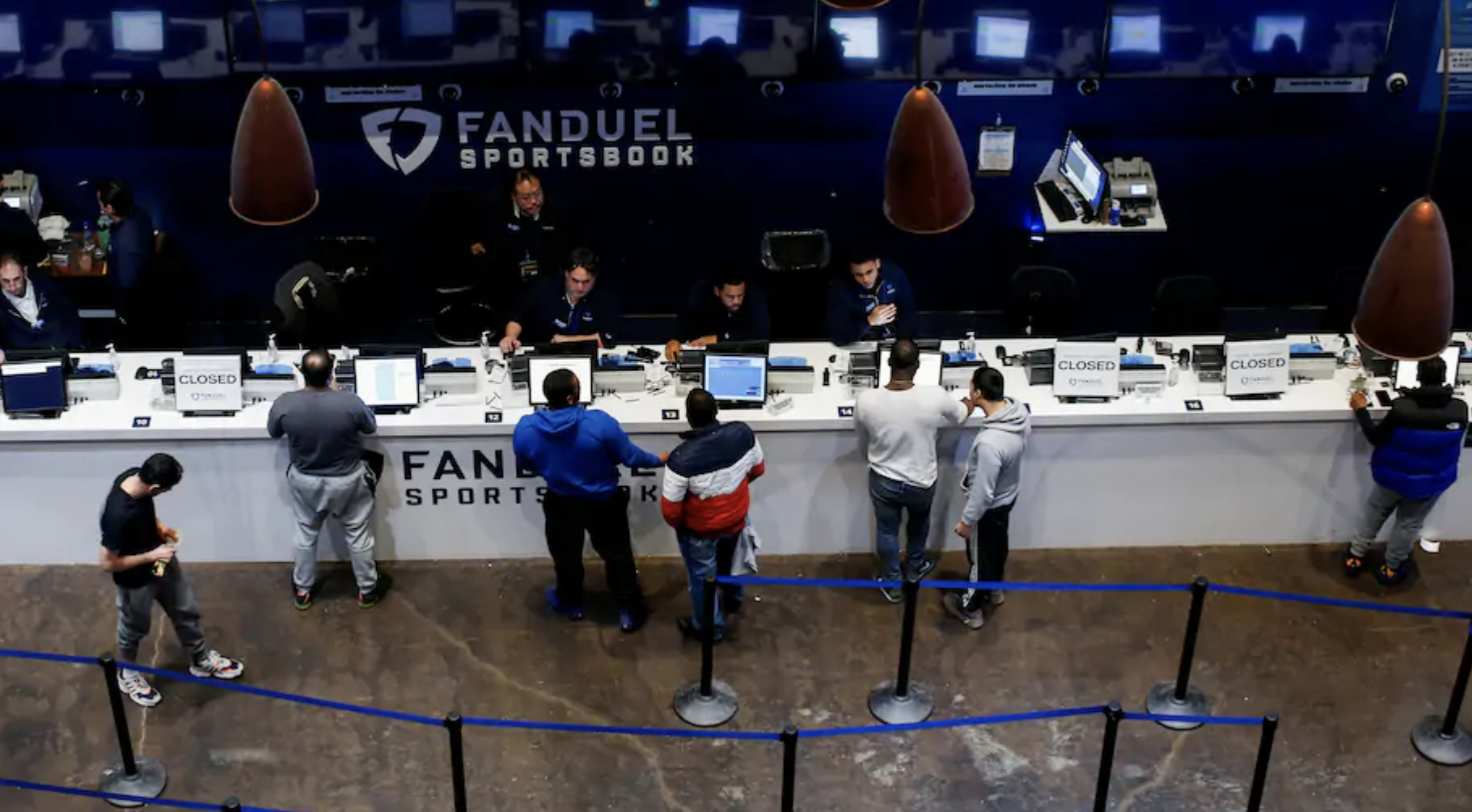"As legal betting booms, journalists jump from sports page to sportsbook"
/With professional golf diving head first into sports betting and the media profession shedding jobs, this Ben Strauss Washington Post story asks a fascinating question: how will athletes feel about questions coming mostly from writers filing for oddsmakers or bettors?
The story quotes Teddy Greenstein, recently of the Chicago Tribune and longtime sturdy member of the golf beat who has made the leap from traditional journalism to PointsBet. The entire piece is worth your time, but this bit on the shift in locker room dynamics is especially fun.
Because who and why some will be asking post round questions is of particular note given that pro golfers increasingly take offense at fairly inane questions. Things like, can you tell us if you’ve decided to play Honda since today is Thursday and it starts next week?
So imagine when they are asked if they plan to lay-up on 15 Sunday with a three shot lead or why they were in a screaming match with their caddie.
With that in mind, imagine golf in this scenario painted by Strauss:
But what if they’re not in the locker room? A reporter who specializes in breaking national transaction and injury news — an Adam Schefter in football or Adrian Wojnarowski in basketball — could offer up-to-the-minute information for one book’s customers. Wojnarowski or Schefter could break news not on ESPN or Twitter but in a gambling app.
Chad Millman, a former editor in chief of ESPN the Magazine who is now head of media at the Action Network, a gambling-focused media company, thought those kinds of scoops wouldn’t be that valuable to a sportsbook because so many outlets confirm or aggregate breaking news nearly in real time. But, he said, adding a personality with the huge Twitter following of one of those star reporters could be worthwhile as part of a company’s quest for visibility. It also could be a better investment than paying to slap a company’s name on a team’s stadium or website.
In a sport where the slightest off-course dramas, injuries or other factors could impact a golfer’s ability to perform, the trend toward betting correspondents replacing traditional media is worth monitoring.














